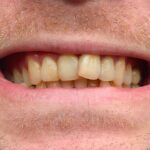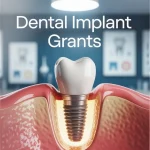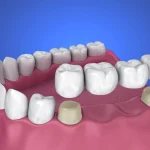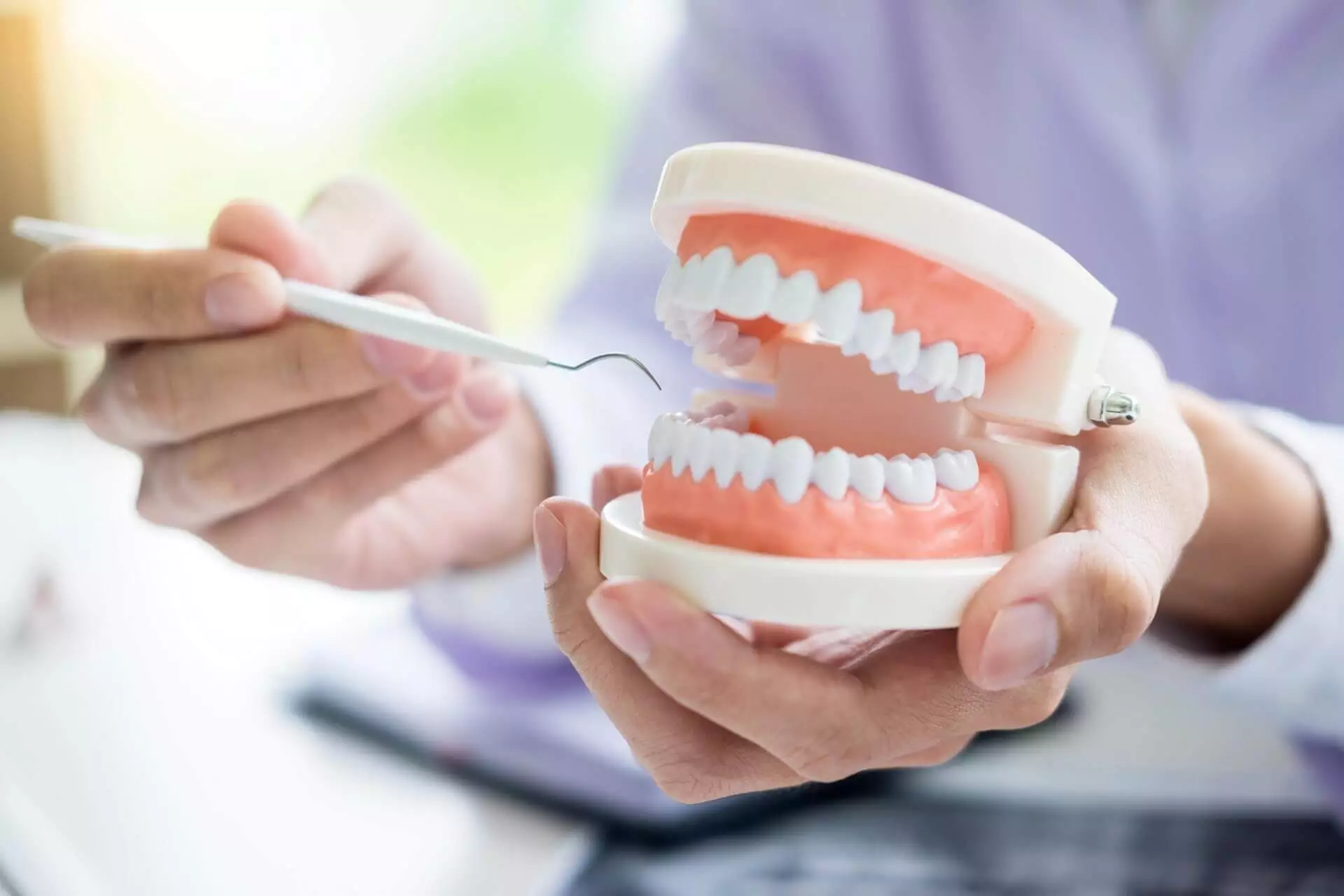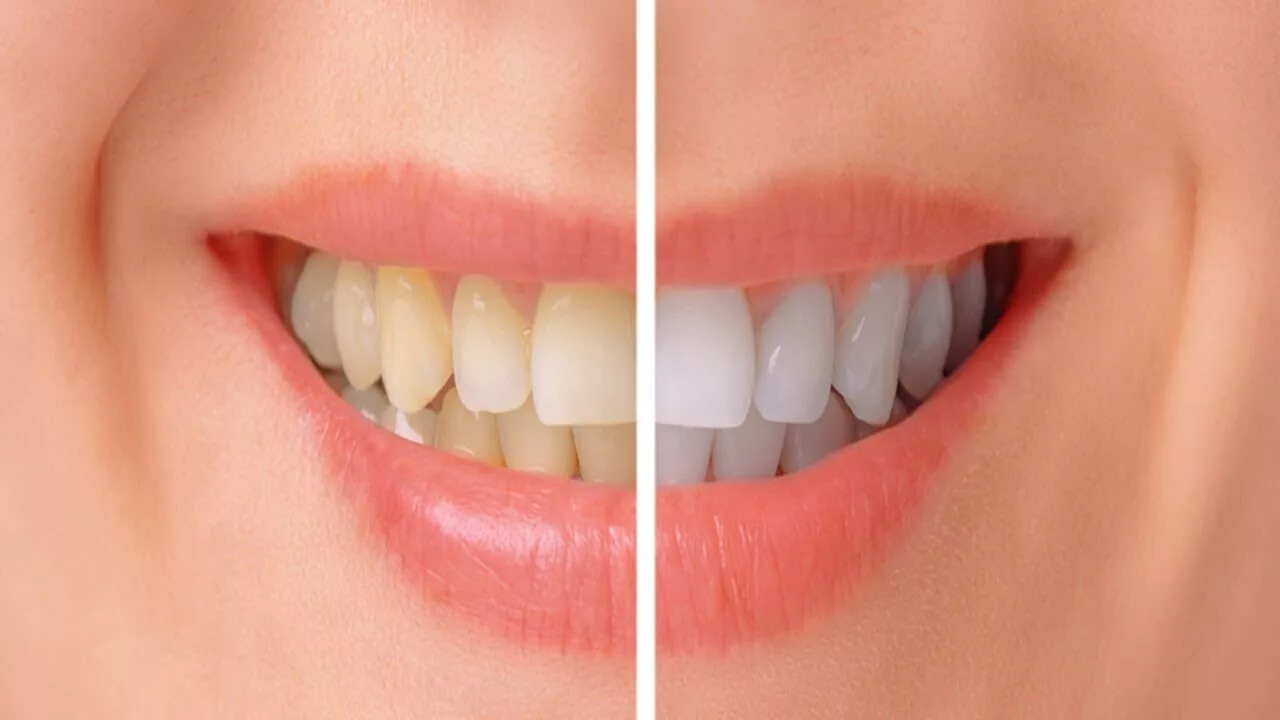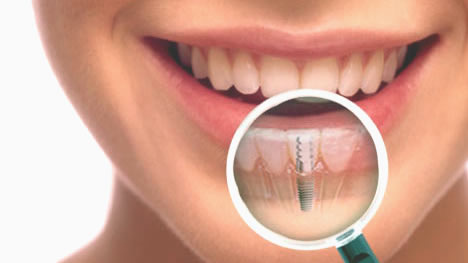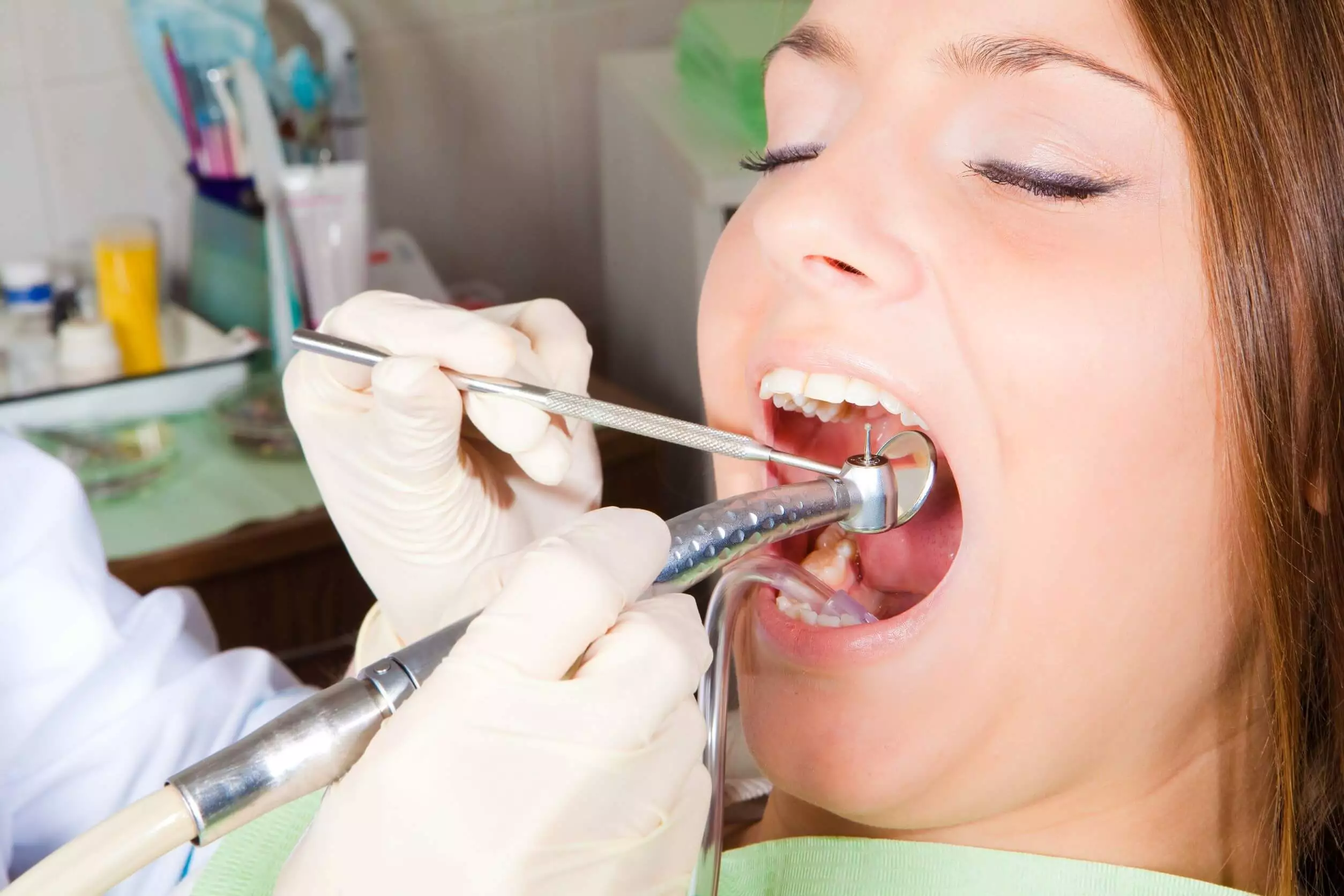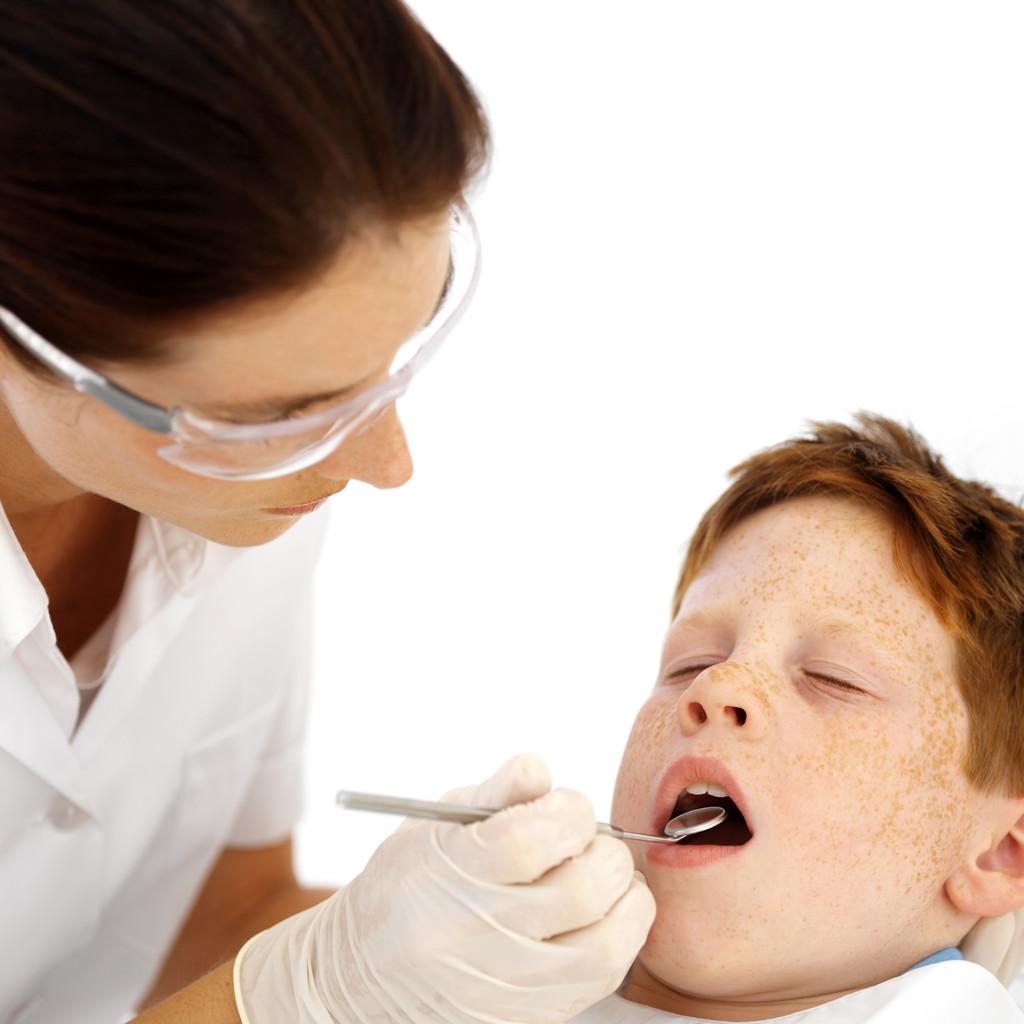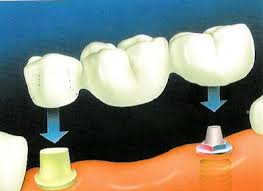Also known as an avulsed tooth, a knocked-out tooth is considered one of the dental issues that must be dealt with immediately. By acting quickly and seeing a 24-hour dentist in Blackheath within an hour, there is a greater chance that the tooth will be saved. Otherwise, the damage can be irreversible.
Read further to learn the possible causes, first aid treatment, restoration options, and some tips to prevent your teeth from getting knocked out.
Causes
Your permanent teeth can be dislodged from your mouth due to:
- A fall
- A facial trauma
- An accident during a sporting event
- A car accident
- Eating hard foods
- Biting hard objects
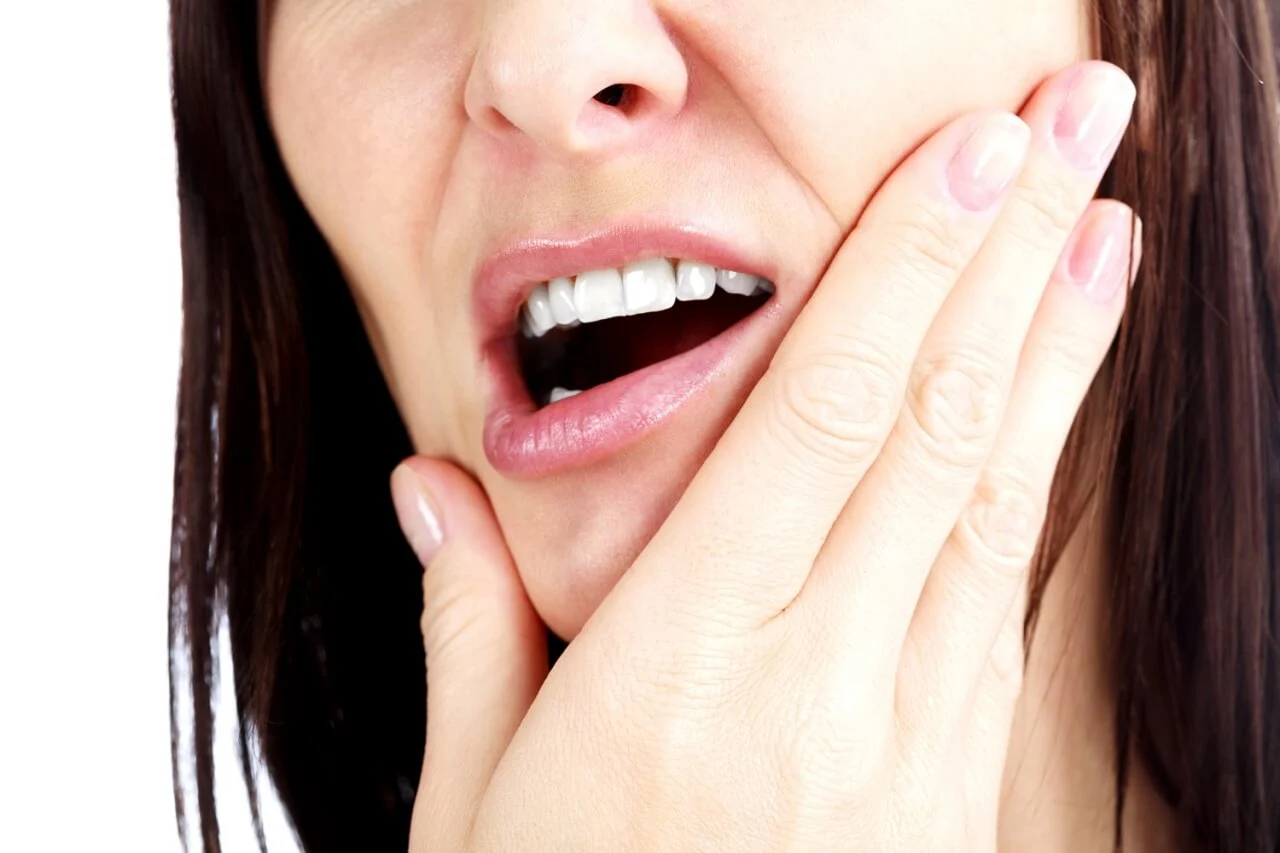
What Should You Do
If your permanent tooth got knocked out, time is of the essence when it comes to saving it. Ideally, you must be at your dentist’s office within an hour after the tooth was dislodged, depending on how you preserve the tooth.
Here are the three crucial steps to follow whenever you face this dental mishap.
Step 1: Hold the tooth by the crown
When handling the tooth, you must touch only its crown or its top part. Touching its root will cause the tooth to be damaged permanently. And if it is dirty, do not scrape, scrub or even use alcohol to remove it.
Step 2: Re-implant or store the tooth
If you can, you must reimplant the permanent tooth into its socket immediately and bite on a piece of gauze to hold it in place until you arrive at your dentist’s office.
Otherwise, you must preserve the tooth carefully to make reinsertion possible. This means soaking the knocked-out tooth in either milk or saliva only until you reach your dentist.
Step 3: Book a dental appointment ASAP
Call your emergency dentist immediately after preserving your tooth to let them know that you are on your way to their dental clinic. But if you can’t go to their office within an hour, perhaps because you are traveling, head to the nearest emergency dental office in your current location instead. The faster you reach a reputable dentist, the higher the chances that your avulsed tooth will be reimplanted.
The success of the tooth reattachment will greatly depend on how severe the trauma is, how soon you get to a dentist, and how well you preserved the tooth. In all cases, though, your dentist will evaluate the injury first and flush any debris from the socket. When necessary, your gum area will be numbed with a local anesthesia.
When there are no tooth fragments left in your gums and the tooth is well-preserved, your dentist will reinsert the avulsed tooth back in its socket. After that, a wire splint will be placed on your tooth to secure it in place as well as to hasten the healing process. You will then be advised to return to their clinic later on to remove the splint.
2 Restoration Options
If the avulsed tooth can’t be re-implanted, worry not because there are restoration solutions for a lost permanent tooth. These include dental bridges and implants. Your dentist will discuss with you the pros and cons of each option and suggest which one would best suit you.
Here are some facts about these two restoration options:
1. Dental Bridges
Also known as abutments or crowns, dental bridges are fixed dental devices that are made of false teeth. For a bridge to fit perfectly, your dentist will reshape the teeth sitting next to the site of the missing tooth/teeth. Then, an impression will be made and sent to the dental lab to create a customized replacement. Once it is ready, your dentist will cement it to your existing teeth.
2. Dental Implants
Dental implants are often the most sought-after tooth replacement option because they function like natural teeth. A titanium screw, which acts as the root of the tooth, will be reimplanted on the site of the avulsed tooth while a crown will be placed on top.
With proper care, dental implants can last a lifetime. As compared to a dental bridge though, implants will require more treatment. Also, not everyone is a good candidate for dental implants.
Preventing Avulsed Teeth
Though you can’t always keep injuries from happening, there are ways to prevent a knocked-out tooth or to minimize the potential damage. For instance, you must always wear protective gear, like a helmet and a customized mouth guard, when participating in contact sports and risky activities. Also, always wear your seatbelt while in the car and avoid biting hard foods and objects.
A knocked-out tooth is a dental emergency. If it happens to you or your child, you should know exactly what to do to save it. Most importantly, you should have an emergency or pediatric dentist you can easily contact when this dental misfortune occurs.
AUTHOR BIO
Dr. Michael Letham is the owner and dentist at 24/7 Dental and Bayside Smiles. He graduated from Sydney University in 2000 with Honours, receiving the R Morse Withycombe Prize for Proficiency in Clinical Periodontics (gum treatment). Striving to provide a modern, holistic approach to dental care that is tailored to each individual’s requirements, Mike’s focus is on being thorough and meticulous whilst being caring and compassionate.

Karen is a health blog author who has been writing about healthy living since 2013. She started her journey by adopting a vegan diet and eating only organic foods, but the more she learned, the more she realized that we should all be eating plant-based diets exclusively. As an expert in nutrition and wellness, Karen blogs to educate readers on how they can live happier and healthier lives through food choices!

